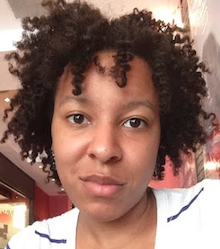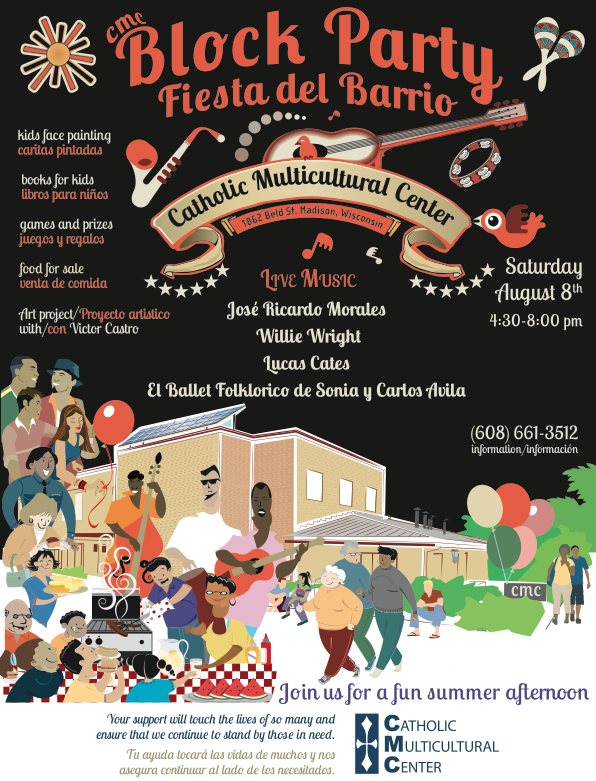July 31, 2015

Amber Walker
“Audre Lorde said, ‘Your silence will not protect you,’ but, for Black women, the price of speaking truth to power can be your life.”
Throughout my life, my elders, teachers, peers and partners reiterated that I have “quite the mouth on me.” I am a woman with a story, and I have a lot to say. I am aware of the world we live in, and the simplistic assumptions made about me, despite the complexity of my identities. Whenever I bear witness to the routine assaults on Black bodies all over this nation, I get upset. It is emotionally exhausting to constantly react to, write and verbalize my anger and frustration about these seemingly preventable tragedies, and, after awhile, you just wish you could stop calling out people on their racist and bigoted assumptions.
I can understand where Sandra Bland may have been coming from when she got pulled over in Waller County, Texas on July 10th. Bland was acutely aware of the tension between Black people and the police that continues to make headlines, seemingly on a daily basis. The stories of Michael Brown, Eric Garner, Aiyana Stanley-Jones, and Freddie Gray were probably at the forefront of her consciousness while she was trying to reconcile why this officer, in this place that is notorious for its injustice against Black and Brown folks, is flashing his lights at me? If I found myself on the receiving end of an unjust police reprimand, I might have needed a cigarette too.
In her piece, “The Transformation of Silence into Language and Action,” Audre Lorde discusses the importance of speaking your truth, and the turmoil that choosing to remain silent can have on your psyche: “I have come to believe over and over again that what is most important to me must be spoken, made verbal and shared, even at the risk of having
it bruised or misunderstood.” Lorde implores her audience, “What are the tyrannies you swallow day by day and attempt to make your own, until you will sicken and die of them, still in silence?”
“My voice is my greatest asset. However, it is not always looked on positively, especially by individuals who see an intelligent, articulate, conscious and opinionated Black woman as a threat to their power, privilege or position.”
“The Transformation of Silence into Language and Action” is a seminal piece for me. It has helped to define my Black feminist standpoint and provides me with courage and clarity whenever I feel my actions fundamentally waver from my principles. When I heard about what happened to Sandra Bland, her perspective, hauntingly similar to mine and scores of other Black women, I could not help but think of myself on the other end of that policeman’s gaze and how I would have reacted. Audre Lorde said, “Your silence will not protect you,” but, for Black women, the price of speaking truth to power can be your life.
My voice is my greatest asset. However, it is not always looked on positively, especially by individuals who see an intelligent, articulate, conscious and opinionated Black woman as a threat to their power, privilege or position. This dynamic is not unique to me. You can see it in the one-dimensional portrayals of the “strong Black woman” archetype in the media and popular culture. From characters like Nola Darling in Spike Lee’s “She’s Gotta Have It” to the relentless lampooning of Michelle Obama throughout her tenure as First Lady. Black women are often chastised for simply being themselves or doing personally important work.
Assuming that a Black woman should “know her place” and be cautious when verbally standing up for herself against anyone is tantamount to violence. No woman should have to endure what Anita Hill went through – having her reputation called into question for reporting sexual harassment in the workplace.
No woman should have to wonder if they will be murdered for turning down a stranger’s advances on the street, which was Mary Spears’ fate in Detroit. I still have quite the mouth on me, and whenever I decide to pick up a pen or verbalize my truth, I remember but the good Lorde’s words, “…the machine will try to grind us into dust anyway, whether or not we speak. We can sit in our corners mute forever while our sisters and ourselves are wasted… and still we will be no less afraid.”
Sandra Bland. Say her name.


